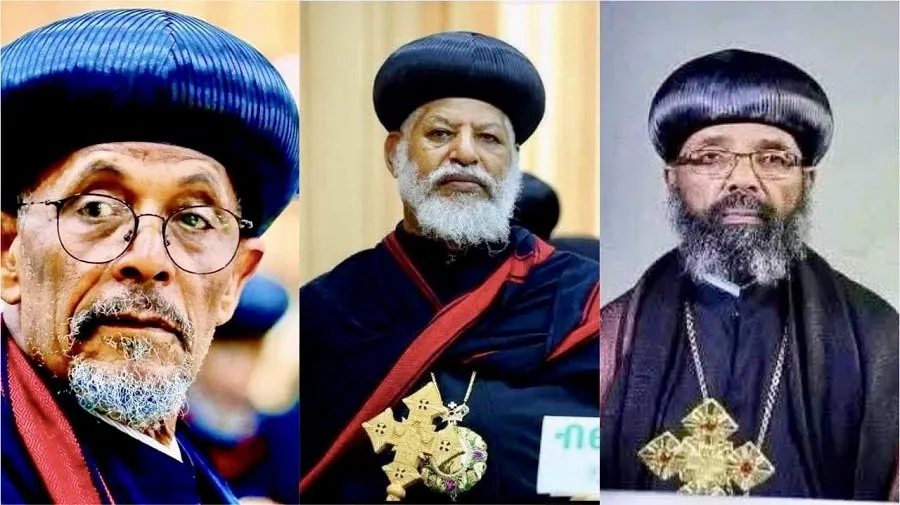The Ethiopian government has lifted a controversial entry ban on three archbishops of the Ethiopian Orthodox Tewahedo Church who had been denied access to their home country for over a year.
The Government Communication Service announced that “conditions have been arranged” for the return of the clergy members, enabling them to attend the church’s Holy Synod meeting in Ethiopia. The archbishops—Abune Petros, Abune Yaqob, and Abune Theoflos—serve dioceses in the United States and had previously been barred from entering the country.
Archbishop Abune Petros, head of the church’s jurisdiction in New York, was deported upon his arrival at Addis Ababa Bole International Airport in February 2024. The other two—Abune Yaqob and Abune Theoflos—also faced similar entry denials around the same period. The government had not provided a clear explanation at the time, fueling criticism and concern within Orthodox communities both in Ethiopia and abroad.
In its latest statement, the government attributed the earlier bans to “problems created by some entities” without offering specific details. However, it emphasized that the current decision reflects the state’s recognition of the church’s historical and future role in nation-building.
Borkena News, a local outlet that has been closely following developments around the Ethiopian Orthodox Church, noted that the Holy Synod has been consistently calling for the government to allow the archbishops to participate in synodal affairs, especially amid growing tensions within the church.
The Ethiopian Orthodox Church has faced increased challenges in recent years, including violence targeting clergy and religious communities, particularly in the Oromia region. In February 2024, four monks from Ziquala Abo Monastery were killed in an incident linked to an armed group in the region. Prime Minister Abiy Ahmed later accused the church of harboring dissidents at the monastery—a claim that further deepened mistrust between religious leaders and the state.
Observers have also raised concerns about efforts to divide the church along ethnic lines. Some analysts suspect government influence behind internal church disputes, though no official confirmation has been made.
The government’s recent move to lift the ban is being interpreted by some as a gesture aimed at mending relations with one of the country’s most influential religious institutions. Whether this marks a turning point in state-church relations remains to be seen.



